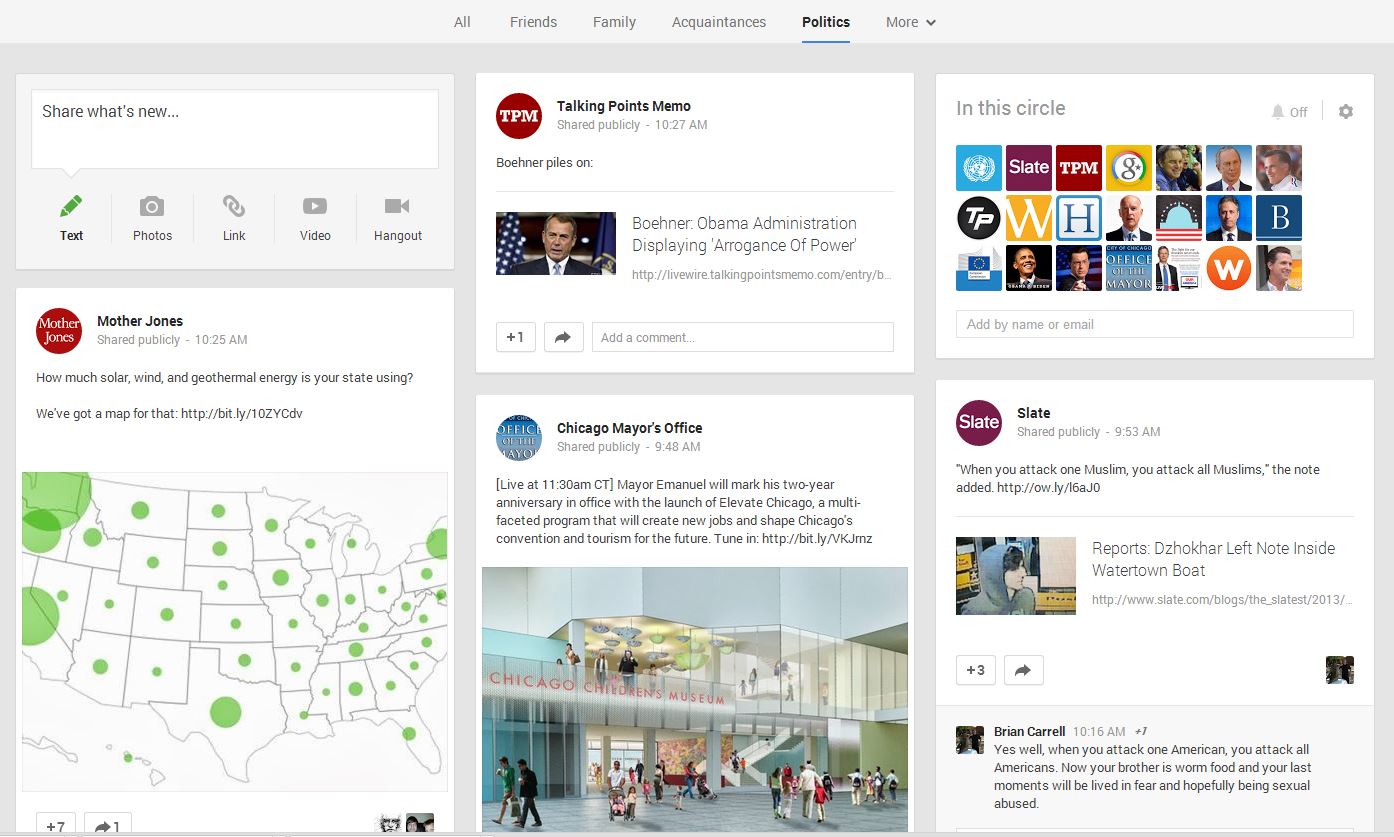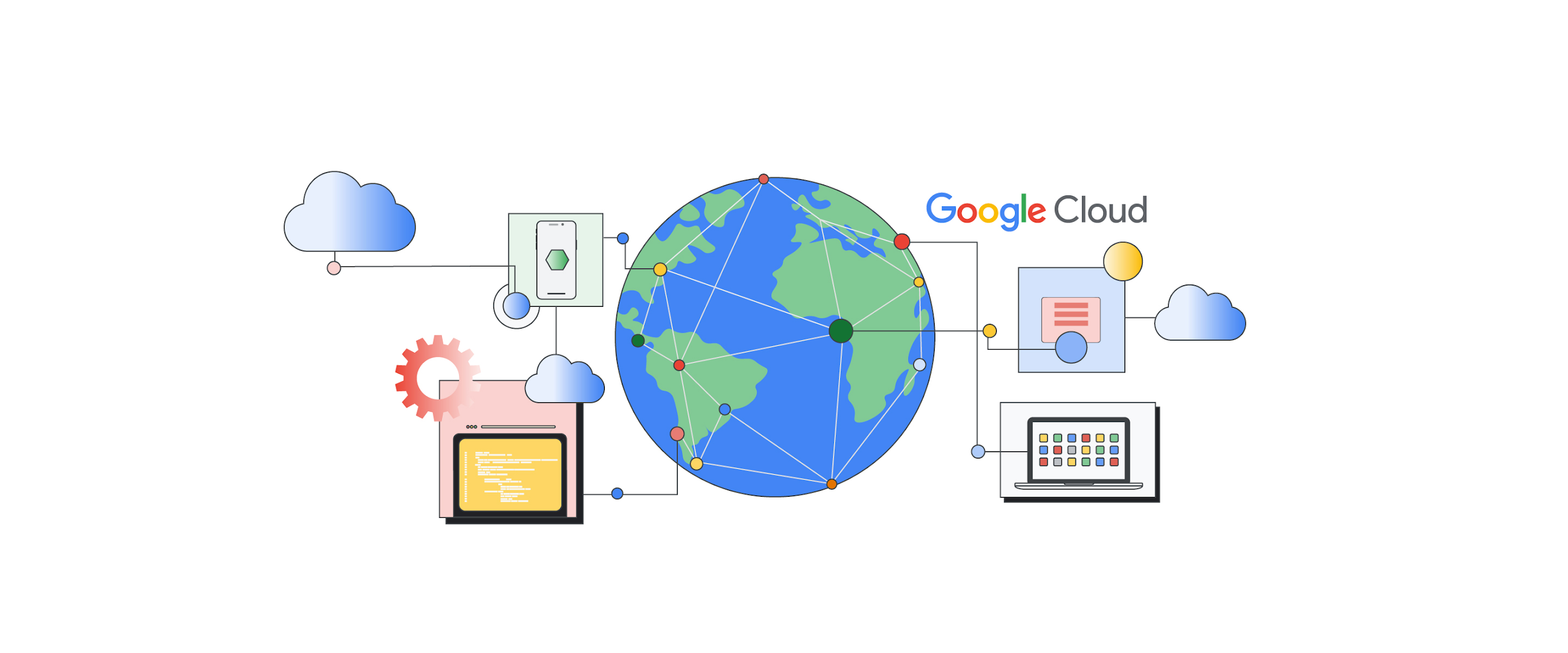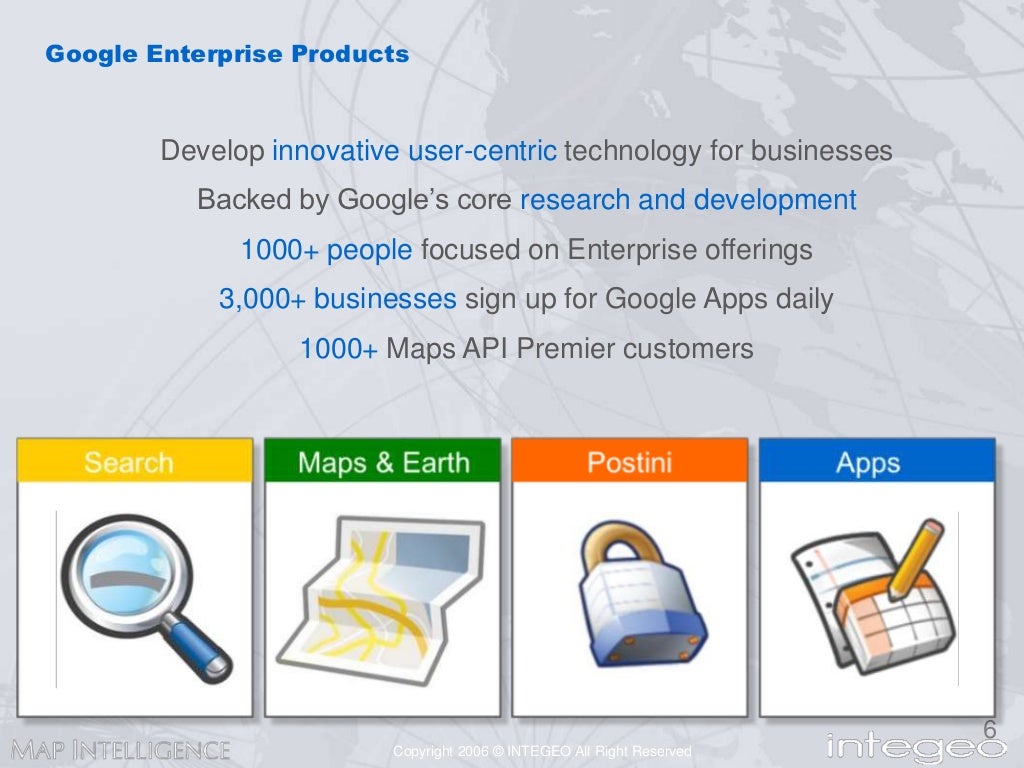The Emergence of Google: A Groundbreaking Innovation
The introduction of Google, a powerful and transformative search engine, can be traced back to the late 1990s. Founded by Sergey Brin and Larry Page, Google began as a research project at Stanford University. The ambitious duo sought to develop a more efficient and effective method for navigating the rapidly expanding digital landscape. By harnessing the potential of advanced algorithms and innovative technology, Google quickly distinguished itself from its competitors, revolutionizing the way people access information online.
The Google Interface: A User-Friendly Approach
A significant factor contributing to Google’s success is its user-friendly interface. The introduction of Google’s minimalistic layout, which features a clean and straightforward design, has played a crucial role in attracting and retaining users. The search engine’s homepage is uncluttered, with a simple search bar as its focal point. This design choice emphasizes the importance of user experience, making it easy for users to navigate and find the information they seek.
The Google Algorithm: A Game-Changer in Search
At the heart of Google’s success in delivering relevant search results lies the Google algorithm. This sophisticated system uses complex mathematical equations and innovative technology to analyze and rank websites based on various factors, such as keyword density, backlinks, and user engagement. The introduction of Google’s algorithm revolutionized the search engine industry, setting a new standard for relevance and accuracy. To maintain high-quality search outcomes, Google frequently updates and improves its algorithm, ensuring that users receive the most pertinent and valuable information available online.
How Google Transformed Online Advertising
Google’s impact on online advertising has been profound, thanks to the introduction of platforms like AdWords and AdSense. These services have revolutionized the way businesses reach their target audiences, offering innovative and cost-effective solutions for marketing campaigns. AdWords enables advertisers to create and manage text-based ads that appear in Google search results, while AdSense allows website owners to generate revenue by displaying relevant ads on their sites. By integrating these platforms into their marketing strategies, businesses can significantly improve their online visibility, drive traffic to their websites, and ultimately increase sales and revenue.
The Evolution of Google: Expanding Services and Products
Google’s expansion beyond search has solidified its position as a leading technology company. Among its diverse offerings are Google Maps, Google Drive, Gmail, and YouTube. These services demonstrate Google’s commitment to innovation and user convenience. Google Maps provides detailed directions, traffic information, and business listings, making it an indispensable tool for navigation. Google Drive offers cloud storage and collaboration features, allowing users to access and share files from any device. Gmail is a popular email service with robust features and seamless integration with other Google products. YouTube, a video-sharing platform, has transformed the way people consume and create content, making it a powerful force in the entertainment industry.
Google’s Role in the Digital Age
Google has significantly influenced the digital landscape, contributing to advancements in artificial intelligence, machine learning, and cloud computing. Its innovations have transformed various industries, reshaped society, and impacted the global economy. Google’s AI-driven voice assistant, Google Assistant, and its machine learning algorithms have made it possible for users to interact with technology in more intuitive and natural ways. Google’s cloud computing platform, Google Cloud, enables businesses and individuals to access powerful computing resources, fostering innovation and growth. By staying at the forefront of these emerging technologies, Google continues to drive change and create new opportunities in the digital age.
The Future of Google: Anticipating Technological Advancements
As Google continues to grow and adapt, several technological trends will shape its future. Virtual reality (VR), augmented reality (AR), and voice search are poised to significantly impact Google’s product offerings and user experiences. The integration of VR and AR technologies into Google’s services, such as Google Maps and Google Earth, could provide users with immersive and interactive experiences. Voice search, powered by advancements in AI and machine learning, is expected to become increasingly important, as more users embrace hands-free search methods. Google must navigate these trends carefully, addressing potential challenges related to privacy, security, and user adoption, while seizing opportunities to strengthen its market position and deliver even greater value to its users.
Leveraging Google for Personal and Business Growth
Google’s extensive range of services offers numerous opportunities for personal and business growth. To maximize the potential of Google’s offerings, consider the following tips and strategies. First, optimize your online presence by utilizing Google My Business, a free tool that allows businesses to manage their online presence across Google’s platforms. This includes managing business information, reviews, and photos, which can significantly improve local search visibility. Second, harness the power of Google Analytics to track and analyze website traffic, user behavior, and marketing campaign performance. By understanding these insights, businesses can make data-driven decisions and optimize their online strategies. Lastly, stay up-to-date with Google’s latest updates and advancements, as the company continually refines and expands its services to meet user needs and expectations.




